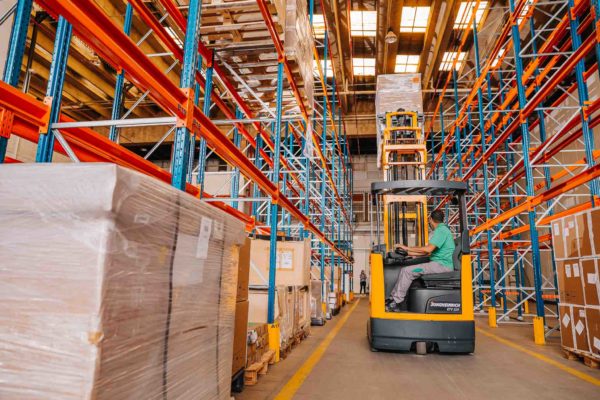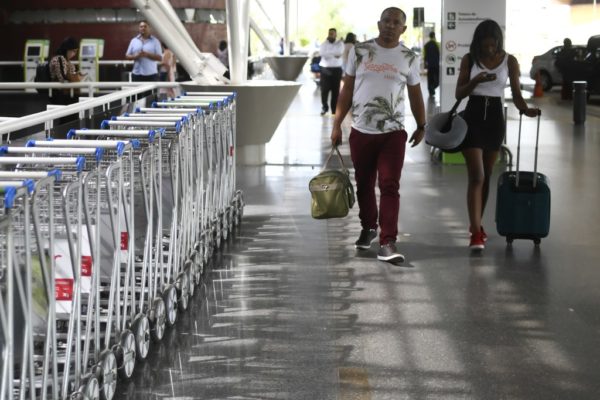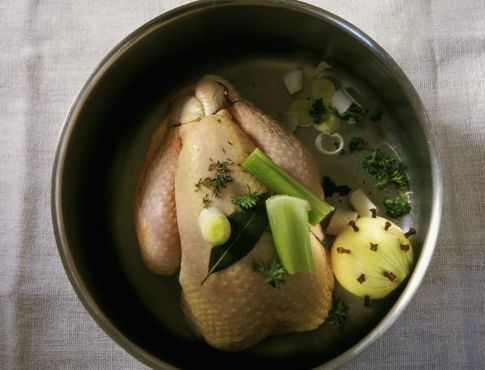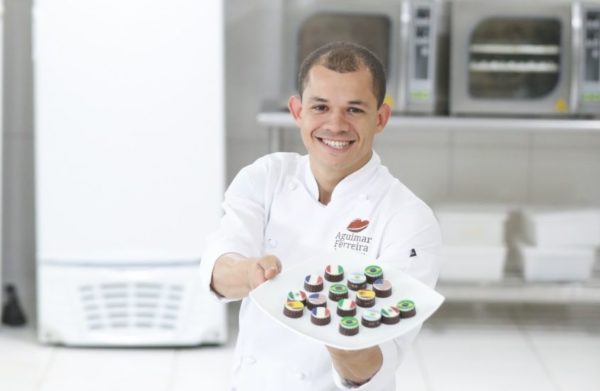Brasília – Despite being mostly known for concentrating the federal public powers in Brazil and the national capital city Brasília, the Federal District is also an exporter. Located in the Center-West region, the smallest of the country’s 27 federative units has a share in national exports with products such as poultry, soybean, aviation kerosene, sausages and beef. Pictured above, the Juscelino Kubitschek Bridge, one of Brasília’s landmarks.
In March, exports from the Federal District totaled USD 41.74 million, according to COMEX Stat platform data compiled by the Ministry of Development, Industry, Commerce, and Services. The amount represents a 24.57% increase over February. In the 12-month accumulated from April 2022 to March 2023, the USD 392.75 million exported by the district expanded by 36.49% compared to the same period of the previous year.

In the assessment of the president of the Federation of Industries of the Federal District (FIBRA), Jamal Jorge Bittar, the location is attractive. “Brasília is in the middle of South America, which puts us in an extremely favorable position, especially for air logistics,” he said.
According to Bittar, one of the main differentials is that Brasília is located in the country’s political and administrative center, with chambers of commerce and embassies from most countries with which Brazil has diplomatic ties. In addition, the district is part of one of Brazil’s most extensive agricultural production zones, with the opportunity to expand the current industrial park in the food sector.
Another relevant point is that the Federal District is one of Brazil’s regions with the highest level of schooling, whether academic or technical. “There are qualified professionals available to implement a high-tech industrial park, with conditions to meet the global demand for high-value-added production,” said Bittar.
Challenges and air export
Experts affirm industrial production in the Federal District needs to be encouraged and strengthened so the location can become an export hub, opening up investment possibilities for expansion.
From a logistical standpoint, one of the improvements would be to invest in better integration of rail, road, and air transportation so exporting through the district could be more logistically and financially advantageous, serving not only the local industrial park but the entire country.

According to FIBRA, in 2022, 88% of the district’s imports came by air, while only 25% of exports were transported by this same mean. “There is an opportunity to use this space to encourage foreign sales, diversifying the export basket with a competitive advantage in this means of transport,” pointed out Bittar. The Federal District is landlocked, with no access to the sea or seaports.
The regulation of Law nº 7.023/2021, which created the Federal District’s Export and Logistics Complex, is also identified as a necessity.
In the 2023-2026 Federal District Industry Agenda, FIBRA presented some proposals, such as creating a Sustainable Productive Development Policy and a Foreign Trade Chamber. “It is a long-term roadmap to guide the growth of the industrial sector in a regional project capable of changing the economic grid of the district, which today is very dependent on public administration,” explained Bittar.
In this sense, there is a debate around structuring an Investment Promotion Agency to attract and support investors and gather information and solutions for those interested in investing in the Federal District.
Currently, through the International Business Center (CIN), FIBRA develops business qualification work to increase the level of maturity of the local industry, carrying out training, consulting, and offering a series of services to support internationalization.
The Arab Brazilian Chamber of Commerce (ABCC) also has an office in Brasília to help boost trade in the Federal District and the surrounding region with the Arab countries.
Internationalization
China and Saudi Arabia are the leading among the district’s partner countries. There are exports on a smaller scale to South America, the United States, and Africa. For the Cisbra-Caesp System executive and the Middle East specialist Michel Alaby, Brazil, and, in this case, Brasília, due to the export of beef and poultry, can take advantage of opportunities with the Arab countries. In that region, food security is an important issue.

The executive believes one way to boost exports is by considering each region’s competitive advantages. Despite being a continent-sized country, regional aspects are considered a positive factor for industrial production, mainly due to the diversity of inputs and climates. With incentives, the tendency could be for a more significant presence in the global market.
Support for companies seeking to conquer ground in the international market is essential to leverage economic development in the district and other regions. Alaby pointed out small and medium-sized companies could seek support from chambers of commerce, trade associations, and embassies to understand the market needs. “Obviously, exporting is not like selling on the domestic market; cultural nuances and technical standards must be followed. Therefore, the ideal for small and medium-sized companies is to start in closer markets, such as Latin America,” he said.
Federal District Chocolates
Alexandre Ferreira, the owner of Aguimar Ferreira Chocolates, started down this path a few years ago but is yet to export. According to him, after supplying exclusive products at events such as the 2014 World Cup and 2016 Olympics, his interest in the foreign market increased.

“During the pandemic, we took PEIEX training to have a better base knowledge on exporting, such as packaging certifications, logistics, among other aspects,” he recalled. PEIEX is the Export Qualification Program of the Brazilian federal government’s Trade and Investment Promotion Agency (ApexBrasil.)
Ferreira said he is working on adapting the factory to have production capacity to meet demand from other countries. “Considering we work with a differentiated chocolate, this is a facilitator for the dream and desire to reach other places in the world,” he concluded.
Aguimar Ferreira Chocolates already had potential product distributors in Portugal, the UAE, Mexico, and China. It is currently making quotes with partners in Dubai, in the United Arab Emirates.
Special report by Paula Filizola for ANBA
Translated by Elúsio Brasileiro




